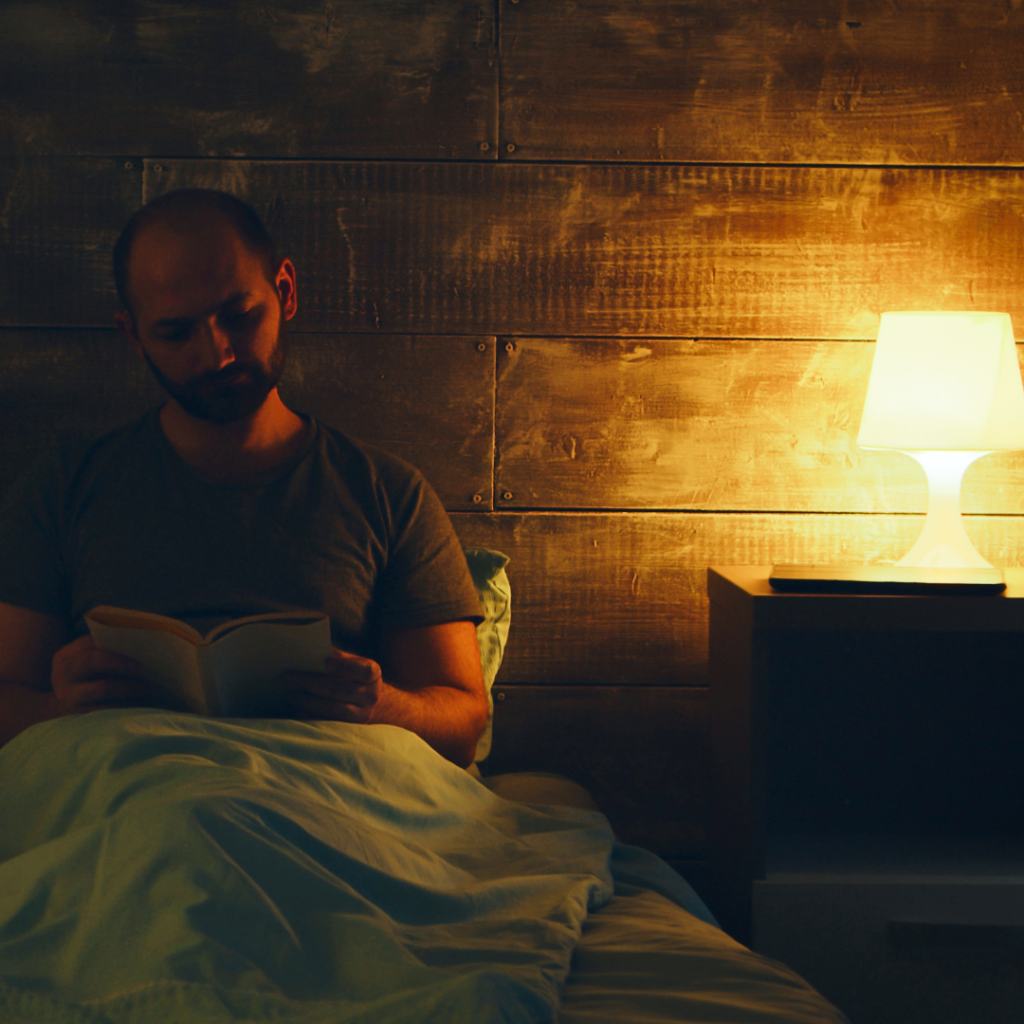Strengthen your foundation
After baby loss, you might feel like the basics are harder than they used to be. Eating well, sleeping properly, getting exercise. Even going through your normal day might feel like a lot. Here we’ve set out some ways in which you can strengthen your foundation after loss. Because when the basics are in place there’s a better chance you’ll feel more capable, more in control, and more like yourself.
Our recommendation is to take some practical action from within these three pillars: movement, rest, and confidence. Though have a think about some pillars of your own if these don’t appeal. It’s not about getting it “right”, it’s about taking steps in the right direction.
We settled on our three pillars because:
- Regular movement can lower stress and ease physical tension.
- Prioritising rest can improve energy, focus, and mood.
- Improving self-confidence helps with daily life, relationships and with feeling more like yourself.
Why movement matters
You might not feel like exercising after baby loss but, when you’re ready, building some movement into your day can help for your body and your mind. The NHS outlines how much activity adults should aim for each week. If that feels unachievable right now, then it’s worth knowing that doing even a little bit can help you rebuild your strength after loss.
A review of research found that physical activity, including walking, can help improve health and wellbeing for people experiencing grief. You might find exercise is a good way to release emotion. It’s not about being an athlete, exercise might simply offer you a welcome distraction.
Below you’ll find a mood-boosting workout from the Joe Wicks YouTube channel. This workout can be done at home, with no equipment, and it’s only six minutes long. But if you’re not used to high-intensity exercise, you might want to try and find a workout that’s more manageable or take this one at a more appropriate pace for you.
Why rest matters
Grief is a physical experience as well a psychological one. It can manifest in symptoms like fatigue, headaches, difficulty concentrating, even a weakened immune system. Athlete Mat Fraser said “if sleep weren’t a normal thing, it would be a banned substance”. But research indicates that people experiencing grief face particular challenges with sleep such as finding it harder to fall asleep, stay asleep, or feel rested upon waking.
Rest allows your body to recover and rejuvenate, which is critical if you want to strengthen your foundation after baby loss. If you feel like your rest isn’t where it should be, try some of the following tips.
Establish a routine
Going to bed and waking up at the same time each day helps regulate your body clock. A consistent wind-down routine can also make it easier to fall asleep, by signalling to your brain that it’s time to switch off. Try reading, switching off or dimming some lights an hour before bed, or clearing your head by writing a quick tasks list for the next day.


Create a peaceful environment
It’s a good idea to associate where you sleep with rest and relaxation, so try to keep your bedroom as comfortable, tidy and calm. Dark and cool environments promote better sleep. Whether it’s blackout curtains or new bedding, it’s worth investing in yourself and your sleep.
Limit stimulants
Caffeine, alcohol and electronic devices can all interfere with your ability to get good quality sleep. To prevent this, most experts recommend avoiding caffeine after around 2pm. It can also be a good idea to avoid electronic devices for at least an hour before bed.
Reading, listening to music or a podcast and making sure you’re well hydrated earlier in the day can all help with improving sleep quality.

Actively practice relaxation
Relaxation doesn’t always happen automatically, particularly if you’re experiencing grief, so it’s a good idea to take proactive decisions about your rest. It might seem counterintuitive, but activities such as deep breathing or stretching before bed can help.
That’s because these techniques tap into the part of your nervous system that controls rest. You’ll likely see the most benefit if you do these kinds of activity regularly and for at least 5 minutes. If you’re not sure, try getting started with this guided breathing exercise from Headspace — it’s only a minute long.
Why confidence matters
After baby loss, you might find your confidence has taken a knock. Research shows how commonplace it is for men to feel like they couldn’t fulfil their perceived role as a protector, despite logically knowing there was nothing they could have done.
Other men report feeling pushed aside, like events were out of their control, or like they had nothing to offer. All these things hit your confidence. On top of that, grief itself can significantly impact self-esteem and self-worth. That’s why we’ve provided some ideas that we think can help you regain your confidence after loss. What are you going to decide to do?

Do something you’re good at
What’s something you’re good at? Your answer might be something practical, like being able to cook a great meal. Maybe your answer is something more people-based, like having great leadership skills.
Reminding yourself of your strengths, and doing something you know you’re good at, is a great way to strengthen your foundation after baby loss. It doesn’t have to be a big thing or too involved, just something that reminds you of how competent you are.
Achieve an objective
Research studies have noted that men experienced decision-paralysis and feelings of being overwhelmed, after loss. You might recognise this as part of your own experience. You might just be struggling to find your motivation, your reason why.
Setting and completing even a single task provides an opportunity to rebuild some control. Clean out one drawer, send or reply to one message, turn the shower to cold for one minute. The point is to choose something that works for you and then tick it off the list. This form of discipline, when motivation’s missing, can help build enough momentum to do the next thing.
Give yourself a break
It’s a common experience to have feelings of guilt after baby loss. Perhaps you feel, or felt, as though you should be coping better. This isn’t about what the rational part of your brain knows, it comes from the subconscious reaction to what you’ve been through. When you internalise these feelings it can result in thinking and speaking negatively about yourself, which can chip away at your confidence.
The chances are that you would offer a far more objective assessment about someone else in similar circumstances. So speak to yourself in the same way you would speak to a mate. Think about how a loved-one would talk to you. If the way you’re talking to yourself doesn’t align with either of those, practice rephrasing and restating things in a way that does. For example, move from the assumption “other men probably just get on with things” to the evidence-based “other men find this tough as well”.
Notice what you have
Absence is at the core of what makes baby loss such a hard thing to experience. The life you imagined for yourself isn’t there anymore. But even in the worst moments, there are some things that remain the same. There will be some stability.
It might be the continuity of a daily routine, your ongoing friendships, or your role at work. You yourself might be providing the stability that your partner or family needs. Noticing what’s still working can help shift your attention away from loss when you feel like that’s needed.
This isn’t about pretending to be grateful, it’s about an objective analysis of the work you’re doing to keep things functioning. Keep a list on your phone of one thing every day that’s working well, or find a moment to reflect when it’s needed.
Take one small action now. Click below to share this page.
